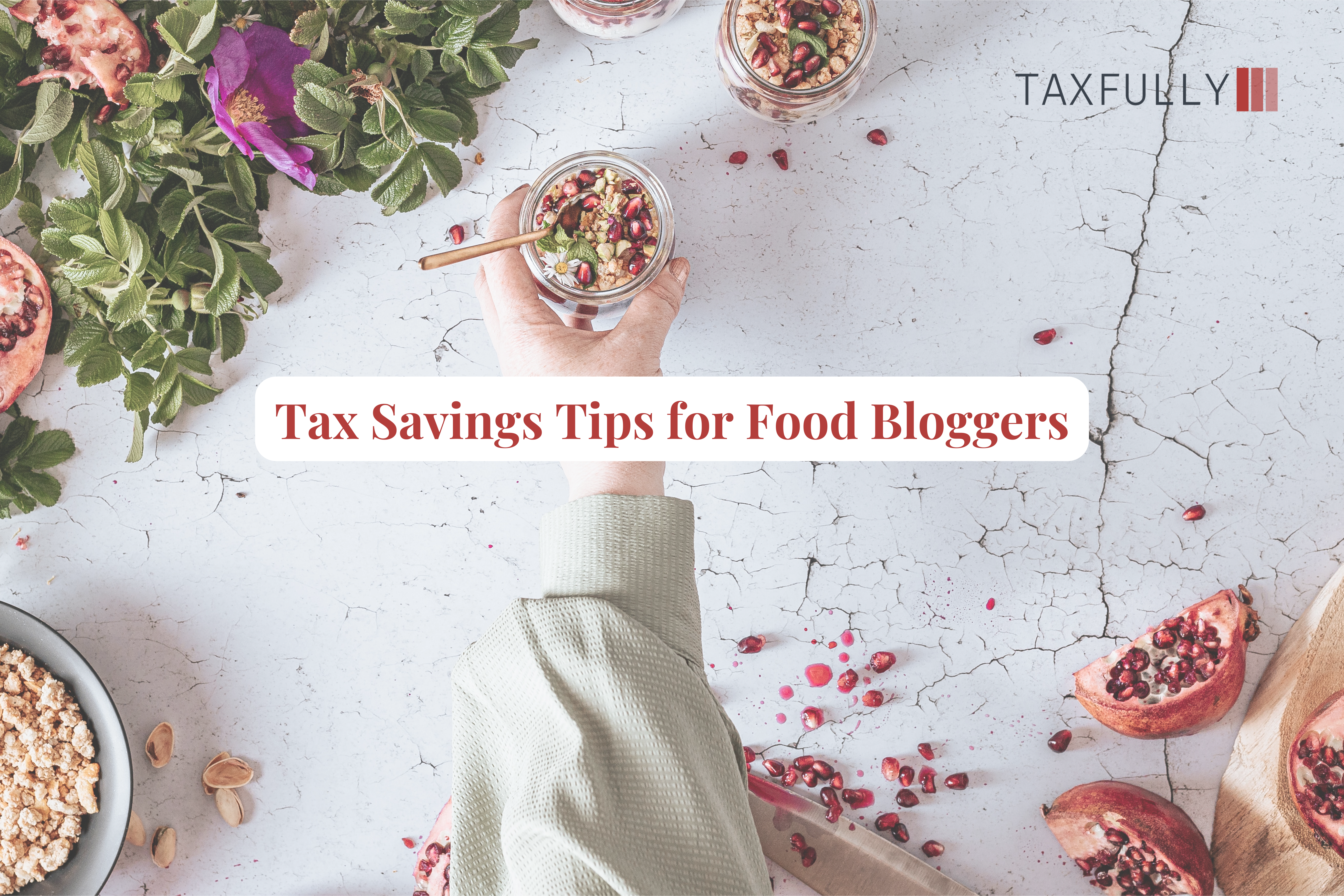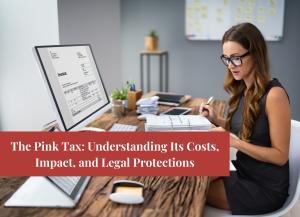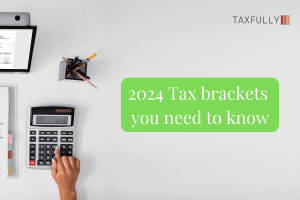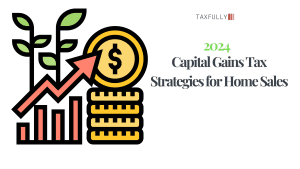Chasing your dream as a food blogger is fantastic, but navigating the tax landscape for your dream business can be tricky. Whether you’re just starting out in the world of food blogging or already on the journey but may have overlooked some deductions.
Who is a food Blogger?
A food blogger is like an online storyteller who loves food. They share recipes, talk about favorite restaurants, and tell food stories on their blog or social media. It’s like having a friend who enjoys cooking and eating, and they share their experiences in a simple and fun way.
Tax Write-offs for Food Bloggers
We’ve compiled a list of valuable tax write-offs tailored for your food blogging venture.
Ingredients and Groceries:
Operating a food blog as a business allows for tax reduction by deducting certain costs. This includes expenses for ingredients in new recipes and failed experiments. Keeping thorough records, like receipts, is crucial. However, deductions apply only to vital blog expenses.
Kitchen Equipment and Supplies:
Kitchen tools and equipment used for blogging can be deducted, from pots and pans to appliances like ovens, microwaves, and dishwashers, along with cleaning supplies.
Photography Equipment:
If food bloggers buy cameras, lighting gear, or any other tools to take stunning food photos, these costs might be eligible for deductions.
Internet Bills:
Some of your internet and phone bills can be part of your business expenses for things like looking up recipes, keeping up with social media, and chatting with other foodies.
Travel Expenses:
If you’re traveling for food events, conferences, or to gather content for your blog, you might be able to deduct the expenses—like travel fare, where you stay, and even meals along the way.
Gifts or Giveaways:
When you run contests for your followers, deduct the value of the giveaways you offer—these prizes can also count as business expenses for write-offs.
Website Expenses:
Website expenses, like domain fees and hosting costs, are part of running a blog. Maintaining a site requires money, from domains to plugins, but these expenses count as tax write-offs for your business.
Professional Services Fee:
Having a lawyer and accountant on hand is crucial. Their fees for tasks like tax filing or LLC setup can be written off your taxes. For instance, payments to accountants for managing your food blog’s finances or paying lawyers are tax-deductible.
Marketing and Advertising costs:
Bloggers spend on marketing to promote their blogs like using email software or running ad campaigns on social media platforms. Costs including printing business cards and paying others to promote, are also tax-deductible expenses.
Kitchen Space:
If you’ve got a special spot at home just for your food blog, it might get you a home office deduction, cutting down some housing expenses. Also, renting a kitchen for catering could be tax-deductible.
Business Meals:
Talking shop with a coworker, mentor, client, or potential client? You might be in for a write-off! Certain business-related meals, like discussing collaboration over dinner or attending a work meeting, could qualify for partial deductions.
FAQ’s
Can a Food Blogger Write off Groceries?
For food bloggers, the expenses related to groceries can be deducted. However, personal grocery costs aren’t tax-deductible.
Are food vlogging and food blogging the same thing?
A food blogger uses written content and images on a blog or website, while a food vlogger creates video content, typically shared on platforms like YouTube.
In which tax category does a food blogger fall?
A food blogger is treated as self-employed for taxes, reporting income on Schedule C (Form 1040 in the U.S.). It’s crucial to maintain accurate records and consult a tax professional for guidance.
Learning about these deductions can provide insight into potential tax savings. However, there are more deductions available depending on your niche. Consulting a professional, like Taxfully, can help you uncover additional tax write-offs specific to your situation.
Related Article: Smart Year-End Tax Strategies to Optimize Tax Position- 2023





